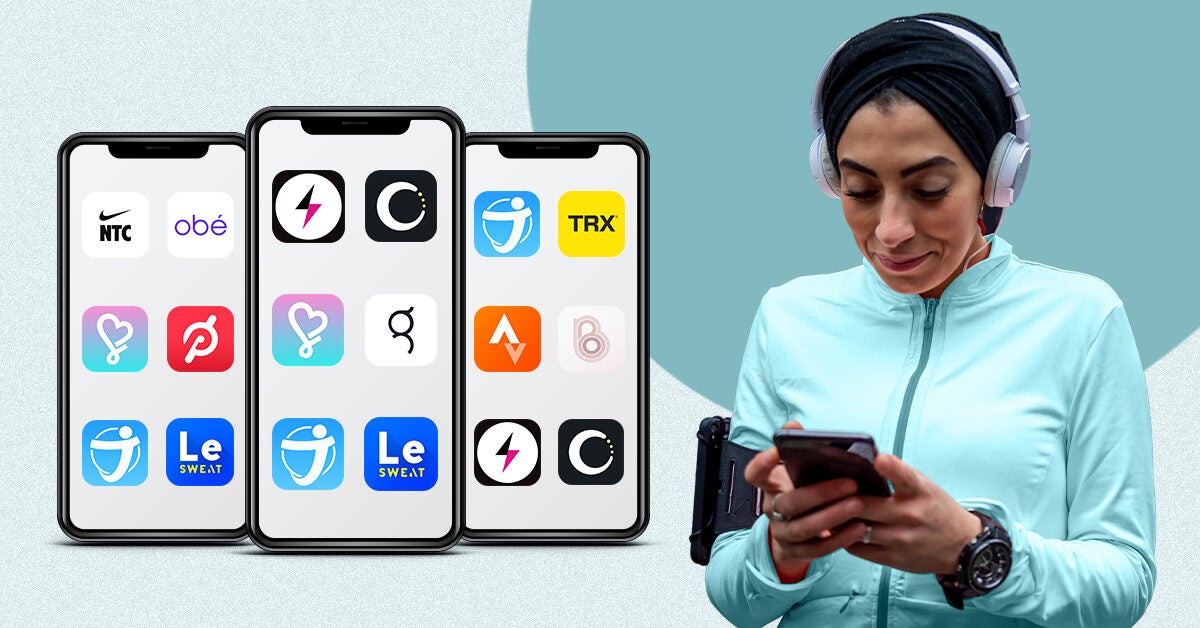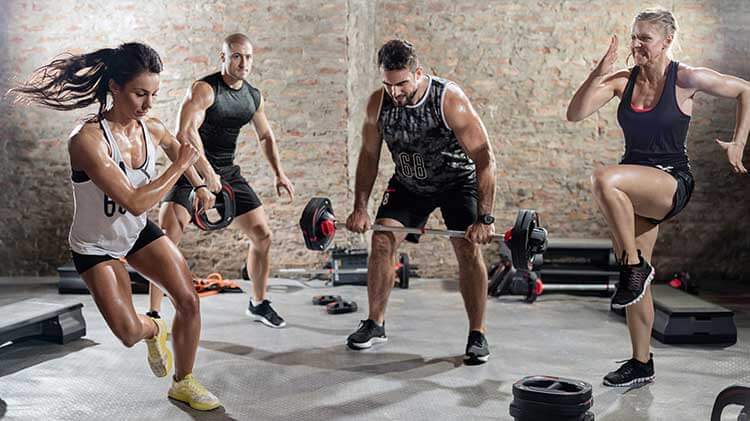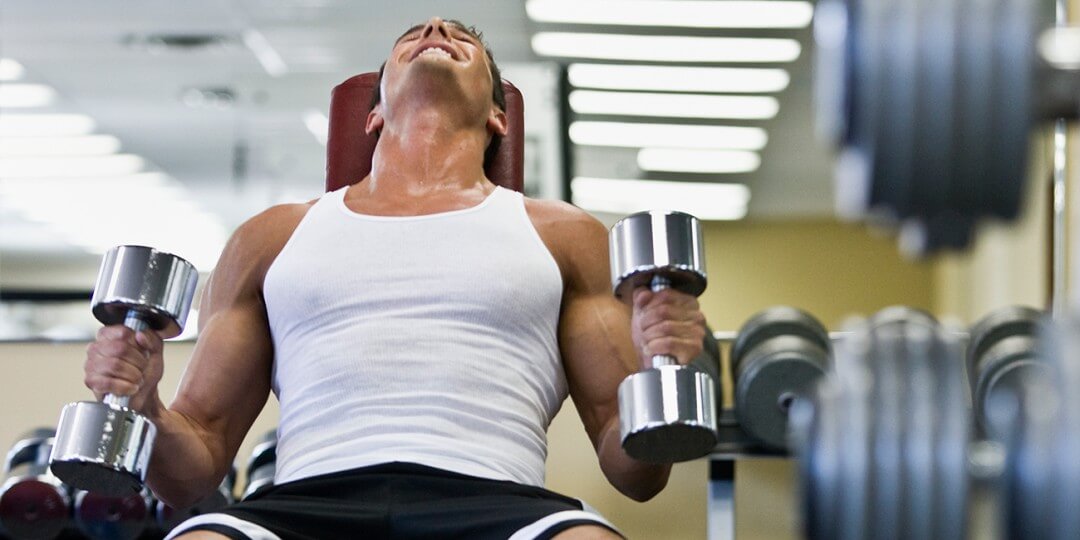The app category has improved with the launch of new versions of apps like MyFitnessPal and iFit, which are more useful than before. However, there are still many apps that have been launched in recent times but don’t help users in their fitness journeys. Let us look at some of them.
We all have smartphones, and they have fitness apps that track our activities. Most of these apps are designed to help you lose weight or get fit, but what about apps designed to help people of all types get fitter?
We all have busy lives, and finding time to work out or eat is hard. When you don’t have the time to hit the gym or cook healthy meals, you turn to apps that promise to get you fitter in minutes.
The fitness apps in the App Store and Google Play store have been around for years now. They have helped millions lose weight, get fit, and stay healthy. However, they are not designed to cater tto everyone, and the ones that do not work well for people with certain health conditions. This can lead to people using these apps when they may be better off using other methods.

Fitness apps for beginners
When you start working out, it can be very difficult to know how much to exercise, how often, and how long each workout should be. Fitness apps are here to help.
They can help you determine how to get started, set goals, and track your progress. Some even have additional features that will help you along the way, such as calorie tracking or meal planning.
Apps such as FitStar are designed to make it easy to work out. They can show you a series of exercises you can do based on your current weight, age, gender, and your current level of Fitness.
What is a fitness app?
A fitness app is a mobile app that helps you track your activities and measure your progress. They can help you monitor your calorie intake, measure your progress, track your progress, and even keep you motivated.
There are hundreds of different apps available for Fitness, ranging from simple apps to ones that offer professional guidance and coaching.
‘One of the most popular categories in the App Store is Health & Fitness, which includes apps for tracking calories, measuring exercises, and staying fit. But there are plenty of other apps out there that don’t fall into this broad category. Some apps are free, some are free with in-app purchases, and others are freemium apps – which means they’re free to download but require paid upgrades or in-app purchases. Here are the top 10 best fitness apps for iPhone.
Free fitness Apps
When trying to lose weight, the goal is to consume fewer calories than you burn. However, some fitness apps are free and may even be worth using.
Apps such as Calorie Counter and Lose Weight for Good allow you to keep track of your calories consumed and burned, and then you can either burn more calories or add more food to burn them.
Several apps offer free trials, so you can try them without spending money.
I use Calorie Counter, which has over 10 million downloads. I’ve tried many other apps over the years, but none have matched its simplicity.
To lose weight fast, you should eat fewer calories than you burn. This app is great for tracking calories and losing weight. I love the design, and it’s simple to use. It’s free to download, and you can choose between the iPhone or Android version. You can also use Lose Weight for Good, a similar app. This app is also very good. The only downside is that it costs $0.99 per month.
Fitness Apps For Weight Loss
With the health and fitness industry worth around $60 billion, it’s no surprise there are tons of apps promising to help you lose weight.
But what’s interesting is that most of these apps are designed for people who are already overweight or obese. So, if you’re looking to lose weight, you’re better off picking up a book or using an app designed for people of all sizes.
Diet & Exercise Apps For People Of All Sizes Diet & Exercise Apps For People Of All Sizes If you’re looking to lose weight but are unsure where to start, it’s best to pick the right app for your needs. If you have no idea what size you are or aare unsure how to use a diet and exercise app, this list will be helpful. And if you are overweight, here are seven apps to help you get in shape without sacrificing your sanity.
I have frequently asked questions about Fitness.
Q: How do you stay motivated to work out when you don’t like it?
A: That is my biggest problem. When I first started working out, I wouldn’t say I liked it. But I got used to the pain, and now I love it. When I started running, I was a very unfit person. Now I can run 5 miles without any problem. I started exercising with the FitBit app. I was skeptical, but after a week or two, I saw that I was improving, so I kept using it. My goal is to get into the best shape of my life.
Q: What are your thoughts on using fitness apps to help keep track of your fitness goals?
A: I’ve found the perfect solution to my motivation struggle. I love it. I am much more aware of what I eat and how I work out. I want to share this with other women who are struggling with their
Top Myths about Fitness
- All vegetables are good for you.
- We should all eat a low-fat diet.
- Eating red meat causes cancer.
- All grains are good for you.
Conclusion
This article will not be about how to start a fitness routine. This article will be about fitness apps that work for everyone. These apps are the perfect solution for busy people who want to get a workout in.
This article aims to help you identify the type of app that will work best for you. The truth is, you’ll find many fitness apps that are built for one specific body type or another.
However, these apps might not work for you. So, I recommend finding apps that work for all types of people and then identifying the ones that best fit your lifestyle.
You’ll find the best apps for beginners, intermediate, and advanced users. You can even find apps that work for professional athletes.







